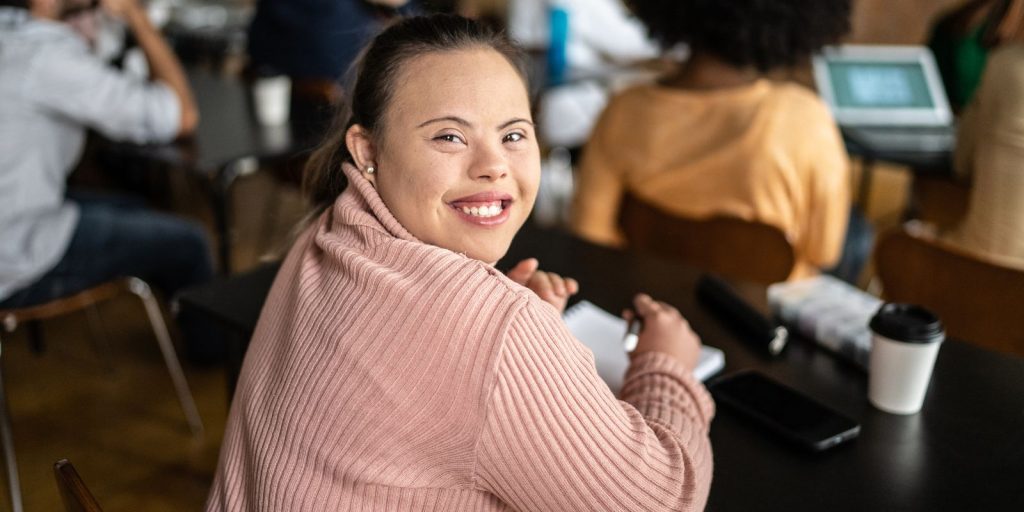
Our New Self-Advocacy Network Group
At Down Syndrome International (DSi), we are delighted to announce the launch of an exciting new initiative: the Self-Advocacy Network Group.
This group is a vital step toward giving people with Down syndrome a stronger, more influential voice on a global scale.
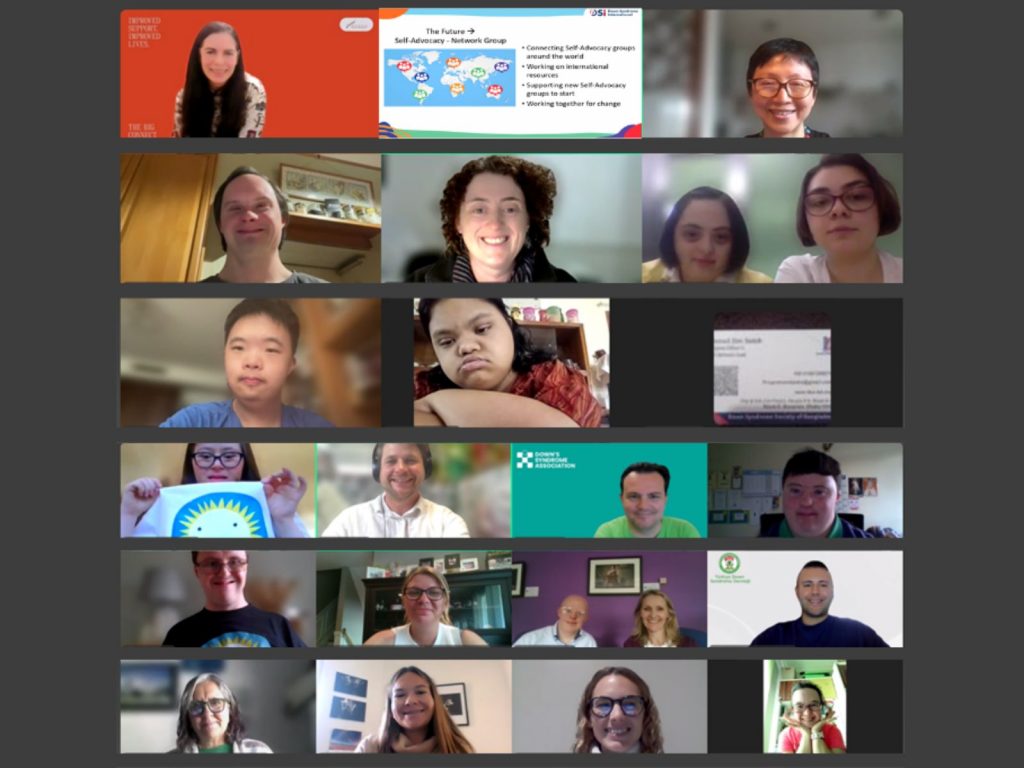
This network is designed to be a collaborative space where members can share experiences and ideas, support one another, and work together on advocacy projects.
To ensure that the group is genuinely led by people with Down syndrome, each participating organisation must include at least one self-advocate.
The network’s first online meeting took place in June, bringing together people with Down syndrome and staff from ten different member organisations worldwide.
Making a Real-World Impact
The first meeting showcased the incredible work self-advocates are already doing in their communities, proving that advocacy is a powerful tool for change at local, national, and even global levels.
In government: Self-advocates are making a real difference by engaging with political leaders and contributing to policy.
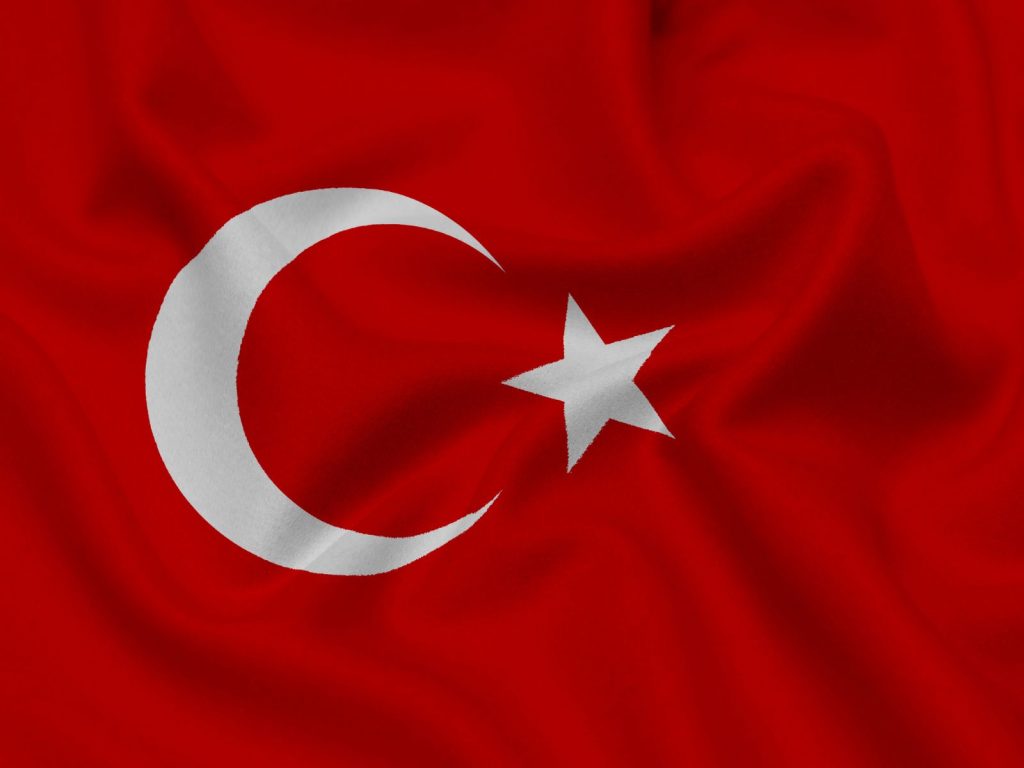
In Turkey, they successfully advocated for vaccine priority during the COVID-19 pandemic and helped establish a Down syndrome research group in Parliament.

In Ireland, the National Advisory Council met with top leaders to discuss job opportunities.

Georgian self-advocates regularly speak in Parliament and meet with political leaders to ensure their needs are included in national plans.
As a career: Advocacy is becoming a professional path.

In Australia, members of the Down Syndrome Advisory Network (DSAN) are now paid employees, and two former members have even joined the national board.

Similarly, in the United Kingdom, self-advocates work as paid “Inclusion Advisors,” helping other organisations become more inclusive.
Building Skills and Community
Members also shared how they are building leadership skills and strengthening their communities.

In New Zealand, two leadership groups, “Strive” and “Step Up,” allow experienced advocates to mentor new ones.
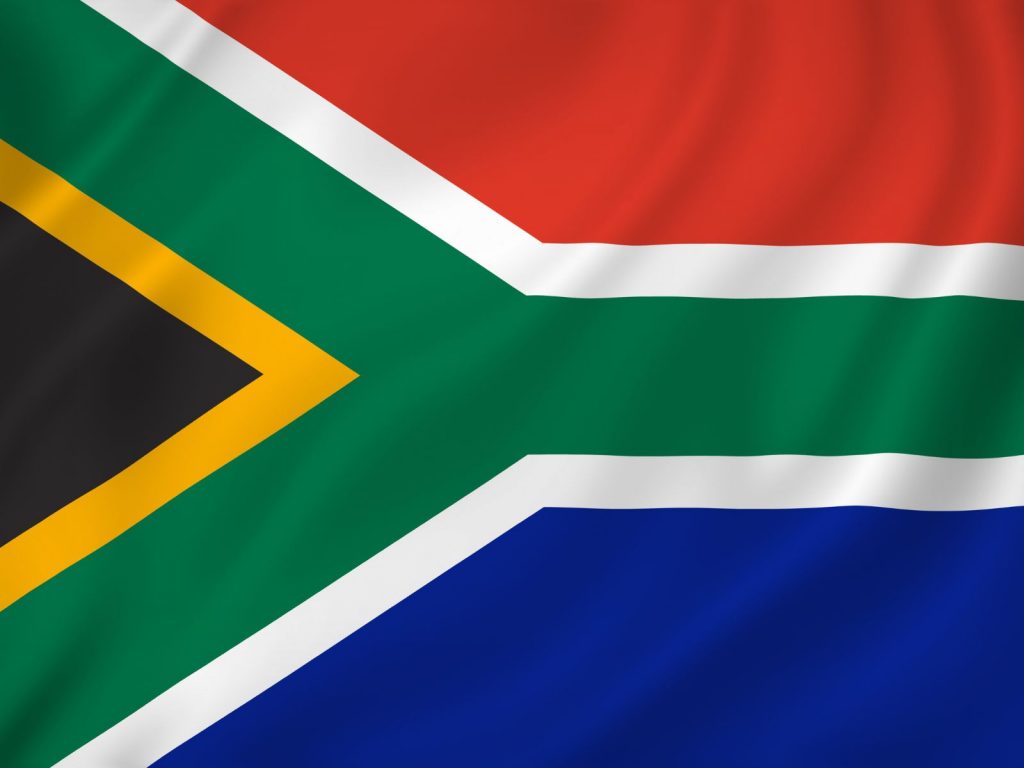
South Africa is focusing on teaching practical skills like Microsoft Office and preparing self-advocates for media appearances on TV and radio. One member, Andy, highlighted the importance of this work by saying, “We are told our voices are very important, and we are taught to use them”.
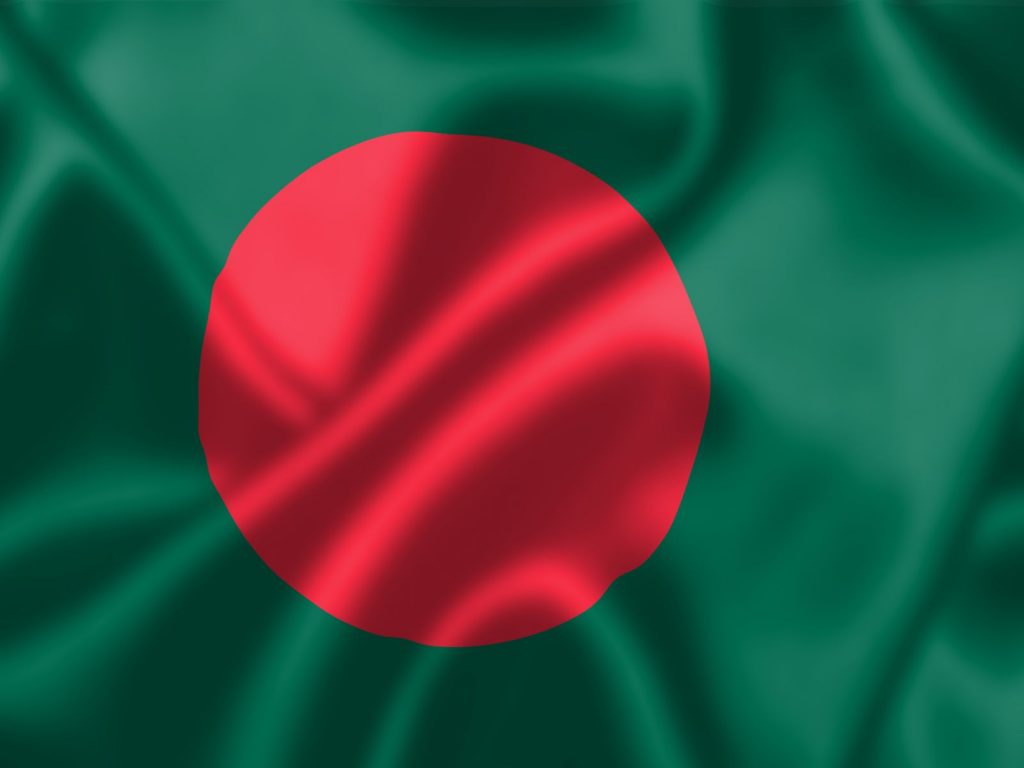
In Bangladesh, cultural events and performances are used to build pride and raise awareness.
What's Next?
The network is also looking toward the future with ambitious plans.
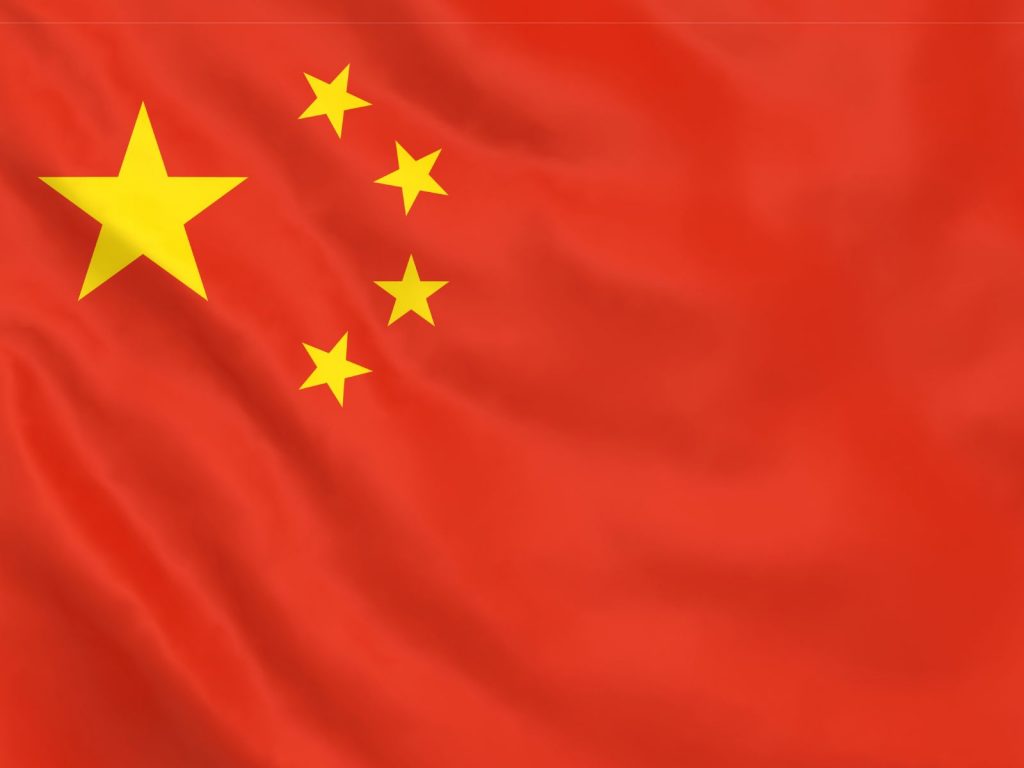
In China, a new ambassador, Tang Yifeng, is organizing a national self-advocacy event and hopes to host the World Down Syndrome Congress in 2030.
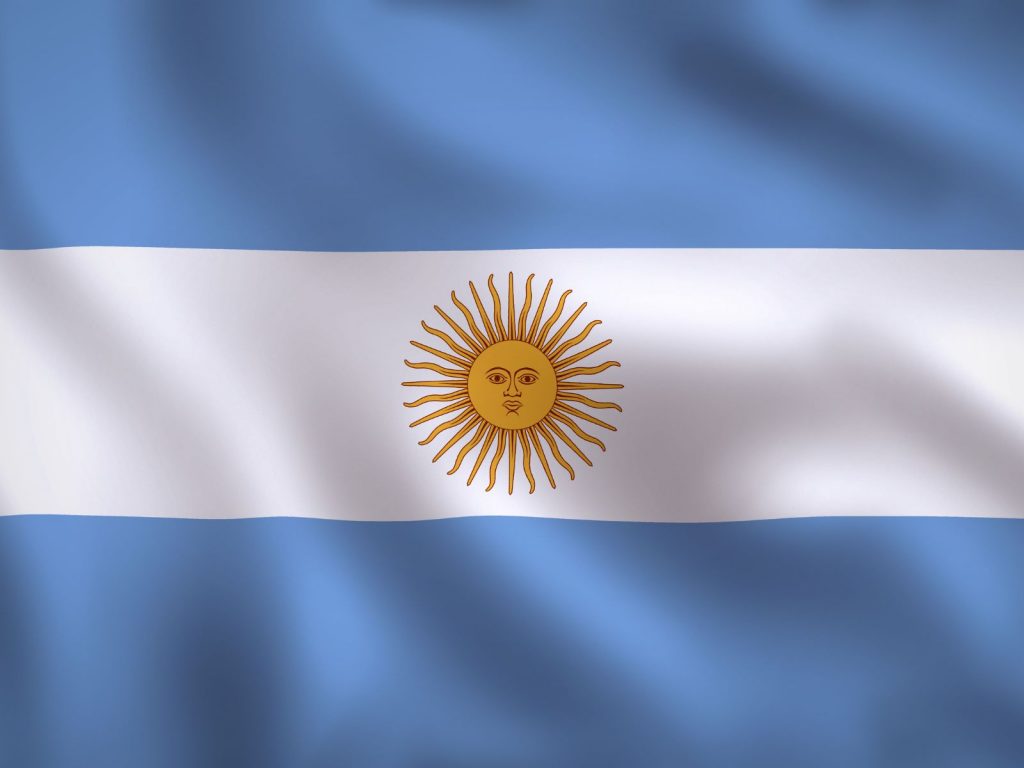
Meanwhile, in Argentina, the Advisory Council is creating a resource booklet for self-advocates, written by self-advocates.
By bringing these diverse groups together, DSi is creating a strong, supportive, and international self-advocacy community.
This network will allow members to learn from one another, share common goals, and work collaboratively to make a global impact.
It’s a testament to the power of self-advocacy and the importance of supporting people with Down syndrome to lead and contribute to the work that represents them.
Learn more about our Self Advocacy work:

Self advocacy
We are working with our network of people and organisations to support self-advocates to speak up for their rights.
